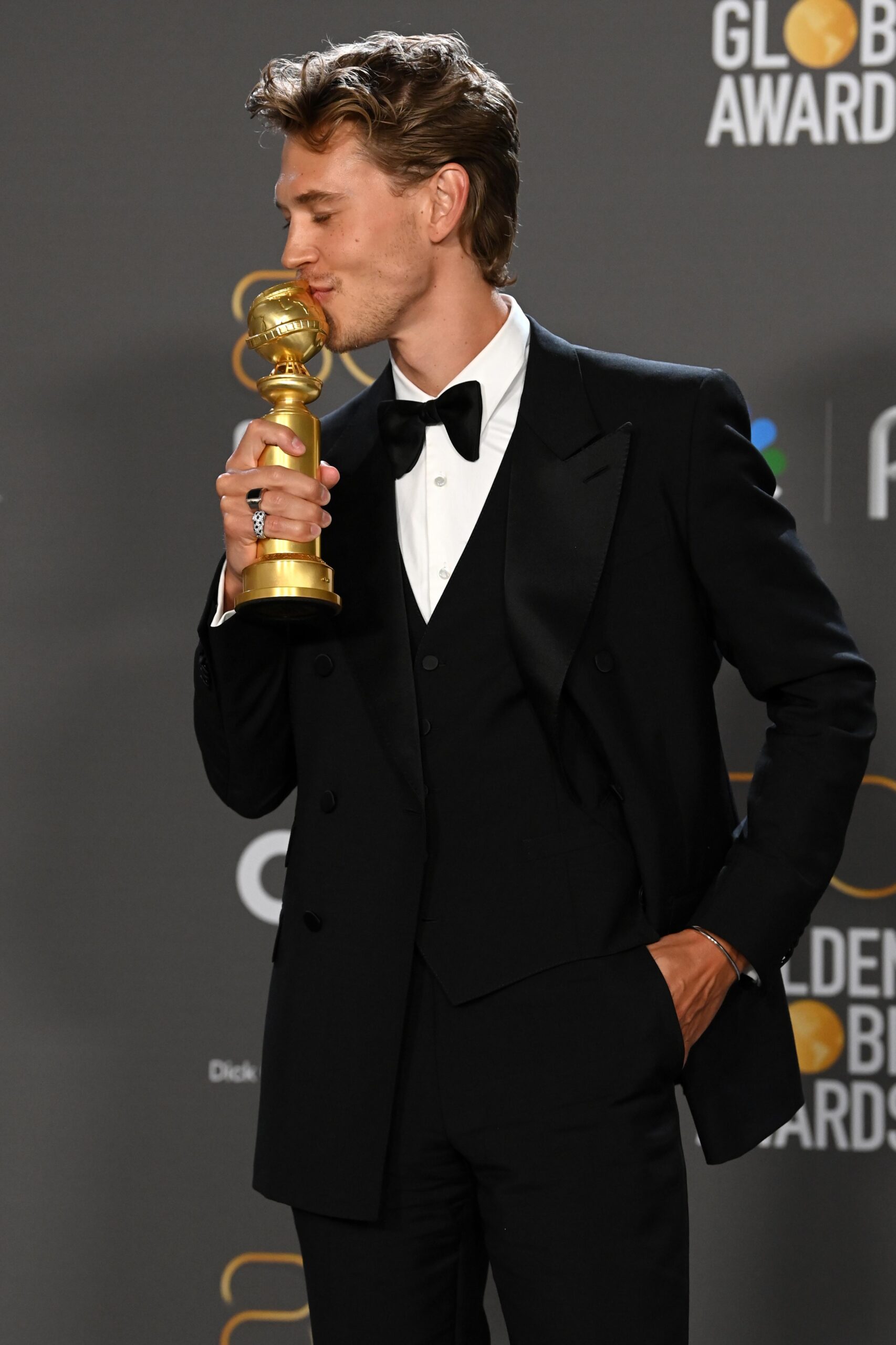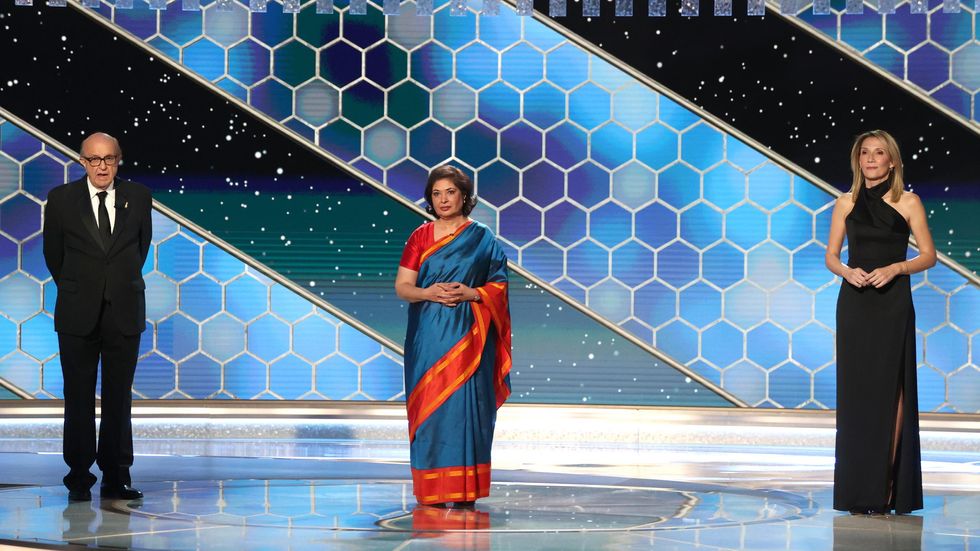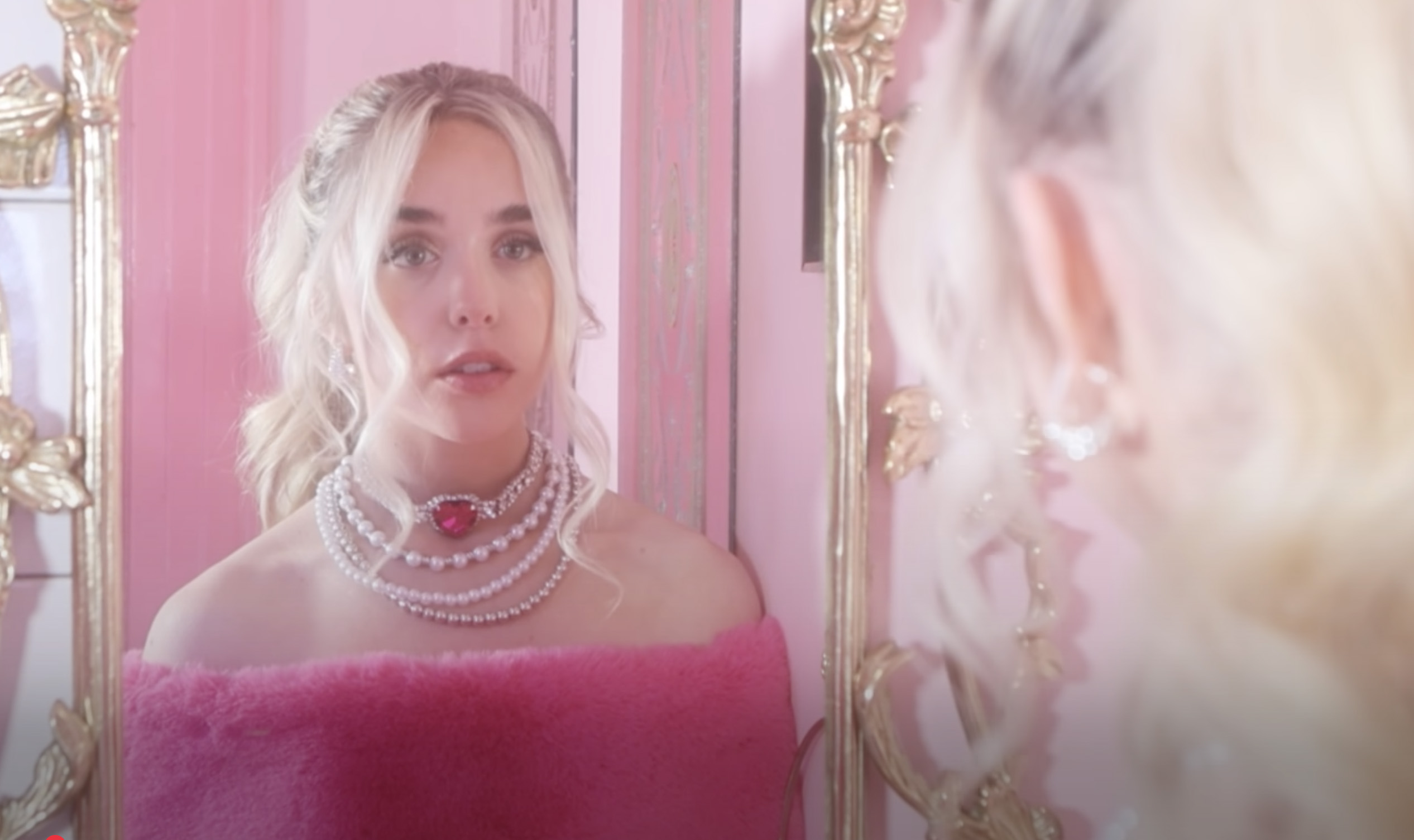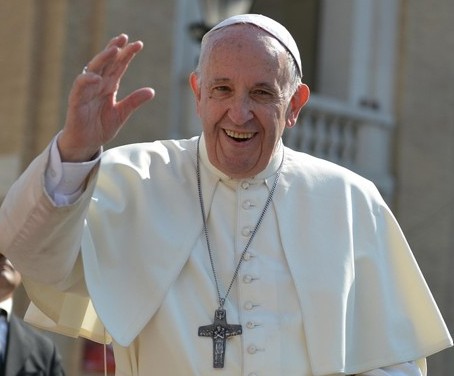
Austin Butler
David Fisher/Shutterstock
To say it plain: Award shows are a farce.
Every year, the same routine: the same kinds of films (read: films by and about white men) are nominated, the same kinds of people (read: white people) take home most of the awards. Occasionally, there are surprises — this year it was Chloé Zhao’s winning streak for Nomadland, Minari‘s delightful cast, and the joy that is Daniel Kaluuya — but more often, we leave disappointed and at least a little angry.
Seemingly every award show has garnered its share of criticism. Some major names boycotted the Academy Awards with the hashtags #OscarsSoWhite after they awarded all acting nominations to white people in both 2015 and 2016. The 2021 Grammys changed the long controversial “urban” categories, but still snubbed major Black artists like the Weeknd; and the Golden Globes famously made many errors, the most egregious of which was nominating Emily in Paris but ignoring I May Destroy You.
The constant failure to recognize diverse talent and divergent stories has been so persistent that increasing numbers of people are vocalizing their disappointment. Finally, 2020 forced the industry to reckon with the institutional issues at its core.
But despite the flurry to institute change, the 2021 award season has been more of the same. Therefore, after facing continued criticism, NBC announced on May 11, 2021 that they will not be airing the 2022 Golden Globes Awards while the HFPA regroup.

In an effort to address the criticisms about the pitiful number of diverse nominations over the years, the HFPA revealed that there were no Black members on its board. In an uncomfortably performative speech during the awkward 2021 award ceremony, Helen Hoehne, the Vice President of the HFPA, said: “Tonight, while we celebrate the work of artists from around the globe, we recognize we have our own work to do .. Just like in film and television, representation is vital. We must have Black journalists in our organization.”
President of the association, Ali Sar, added: “That means creating an environment where diverse membership is the norm and not the exception,” assuring us that the group was working toward “a more inclusive future.”
But how? The vague promises made by the leadership did not bode well for any actual change. How long has the industry said all the right things without actually doing anything?
Alongside their new announcement, the HFPA outlined their Reform Plan Timeline, detailing the steps they plan to take to change.
The HFPA announces its Reform Plan’s Timeline. https://t.co/XZUnqWjv0R https://t.co/2NkA3ROp8d— Golden Globe Awards (@Golden Globe Awards) 1620687518
The plan was released alongside a statement addressing audiences and fellow members of the industry, which read: “Regardless of the next air date of the Golden Globes, implementing transformational changes as quickly — and as thoughtfully — as possible remains the top priority for our organization. We invite our partners in the industry to the table to work with us on the systemic reform that is long overdue, both in our organization as well as within the industry at large.”
The plan includes meeting with social advocacy groups to help them get 20 new members by August 2021 and changing the overall recruiting and voting practices. They will also implement new diversity and inclusion and sexual harassment training programs and amend their bylaws with inclusion in mind.
The comprehensive overhaul finally gives specifics which look good on paper, but might only lead to superficial change. Only time will tell how the new procedures actually influence voting, and if the Golden Globes are the only award show concerned with these changes, the overall landscape of award season will also stay the same.
And as an institution heavily influenced by money and gifts (turns out, the Emily in Paris producers flew the Golden Globes judges out to Paris … and suddenly the nomination makes sense), adding Black members will do little to change the fact that films with higher budgets are usually white films (the Minari cast talked about their limited budget this year), and so the cycle will likely continue — yet this time, they will hold up their newly minted members as proof of their own magnanimity.
Despite their current attempts, the fact that the Hollywood Foreign Press Association was allowed to be so white for so long emphasizes the prevailing status quo, and their history of nominations shows how implicit biases warp mainstream perceptions of anything deemed “other.”
Even with the strides made in representation, the paltry few awards given to the wealth of great, diverse work produced over the past few decades shows that representation does little to change an unappreciative, exploitative audience and that the cores of the industry are still entrenched in oppressive systems.
So good riddance Golden Globes and your feigned “objective” (read: oppressive) value judgments — with one down, we’ll be waiting for the rest to go, too.
More from around the web:
The 2022 Golden Globes Get Canceled By NBC As Backlash Continues To Grow | Access














